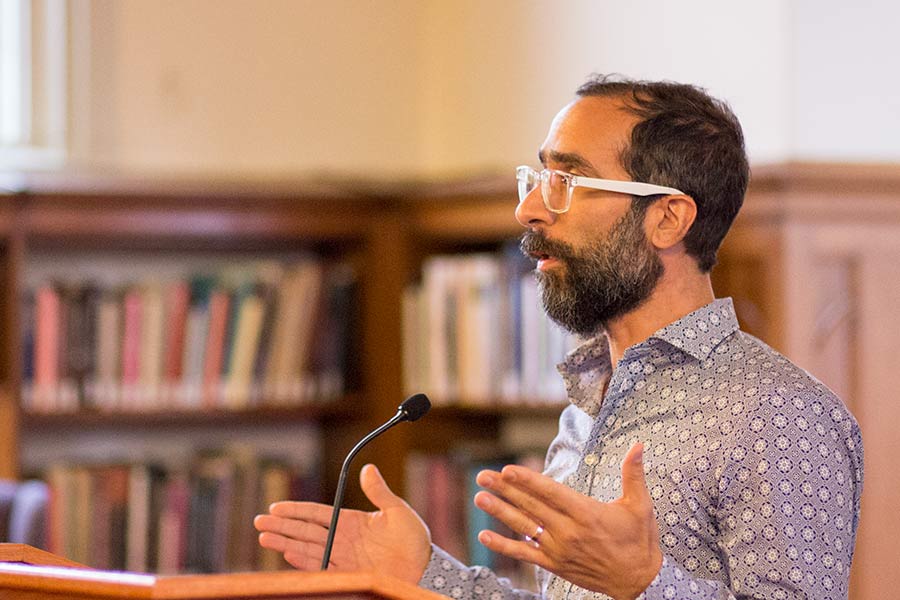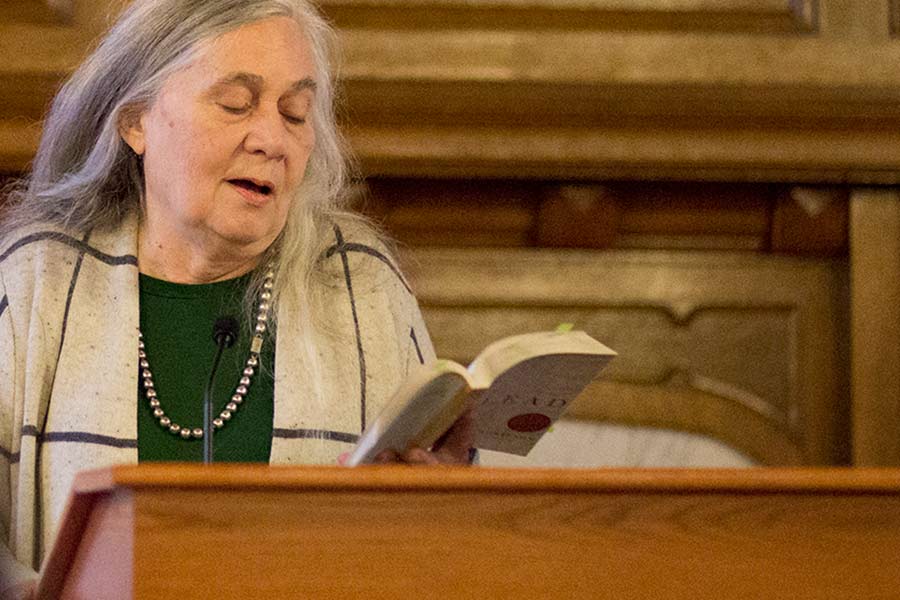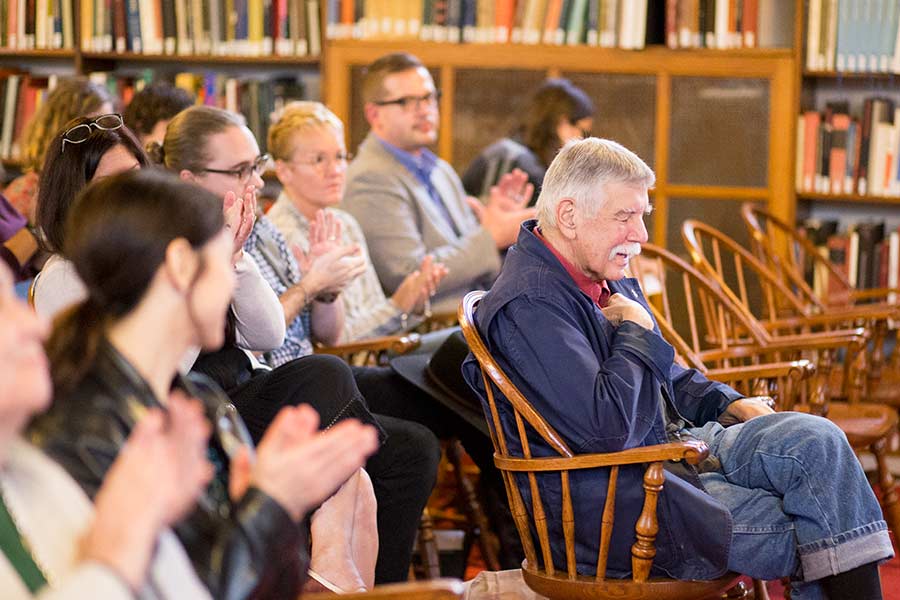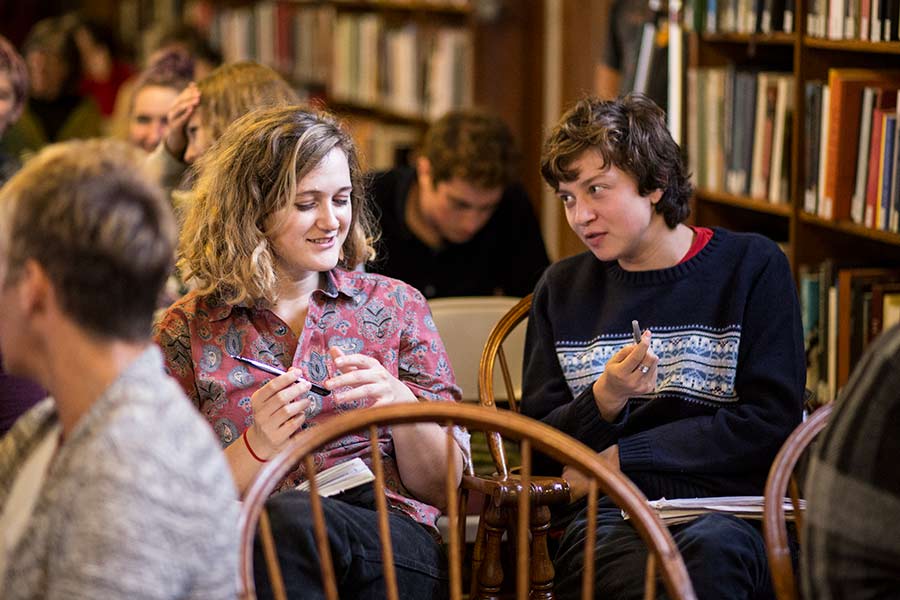
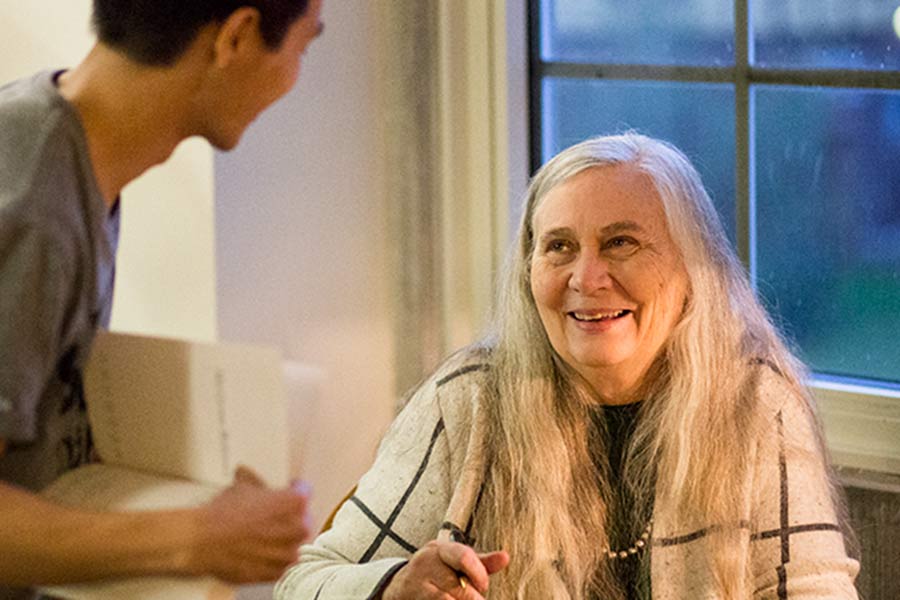
Pulitzer Prize Winner Marilynne Robinson Discusses History of Knox College
Author relates her award-winning work to the values of Knox and Galesburg
In addition to the 2012 National Humanities Medal, Robinson has won multiple awards for her fiction and nonfiction. In 2013 she was awarded South Korea's Pak Kyong-ni Prize for her contribution to international literature. She is the author of Lila, a finalist for the National Book Award and the National Book Critics Circle Award, Gilead, winner of the 2005 Pulitzer Prize for Fiction and the National Book Critics Circle Award, and Home, winner of the Orange Prize and the Los Angeles Times Book Prize, and a finalist for the National Book Award. Her first novel, Housekeeping, won the Hemingway Foundation/PEN Award. Robinson's nonfiction books include The Givenness of Things, When I Was a Child I Read Books, Absence of Mind, The Death of Adam, and Mother Country, which was nominated for a National Book Award.
Published on November 13, 2017


